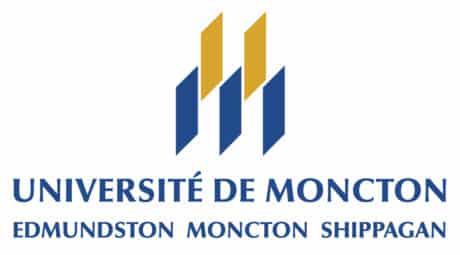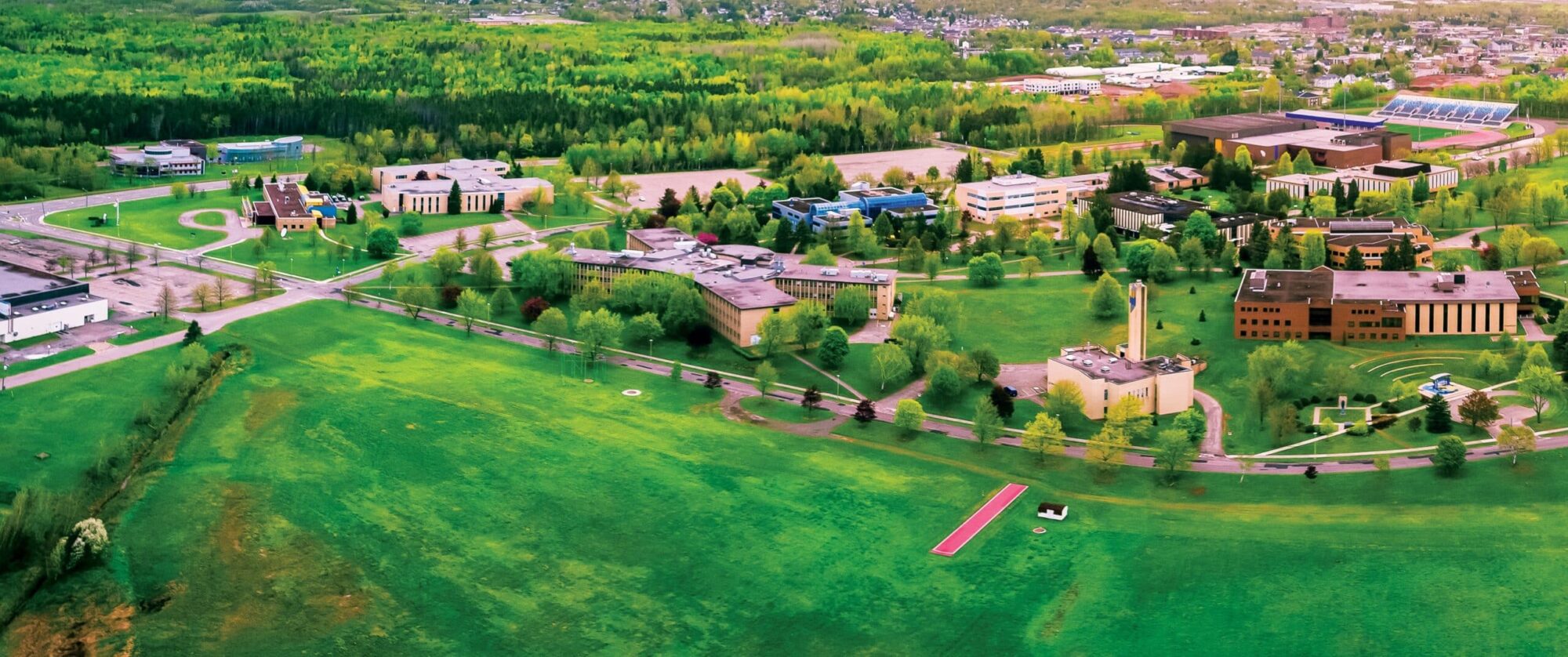
The University of Moncton, the largest francophone university in America outside of Quebec, is much more than an educational institution: it is an engine of economic development. At the Université de Moncton we firmly believe that a university’s reputation is built in large part by offering cutting edge research. Driven by its passion for research and driven by the desire to exercise its leadership in a world that values the knowledge industry, the University of Moncton is charting innovative research paths in various fields. The university has about 37 centres, research chairs and research institutes, helping to create an environment conducive to the advancement of knowledge and to foster collaboration between researchers and various partners in society. Activities in this sector are coordinated by the Faculty of Graduate Studies and Research and the Innovation Support Office.





